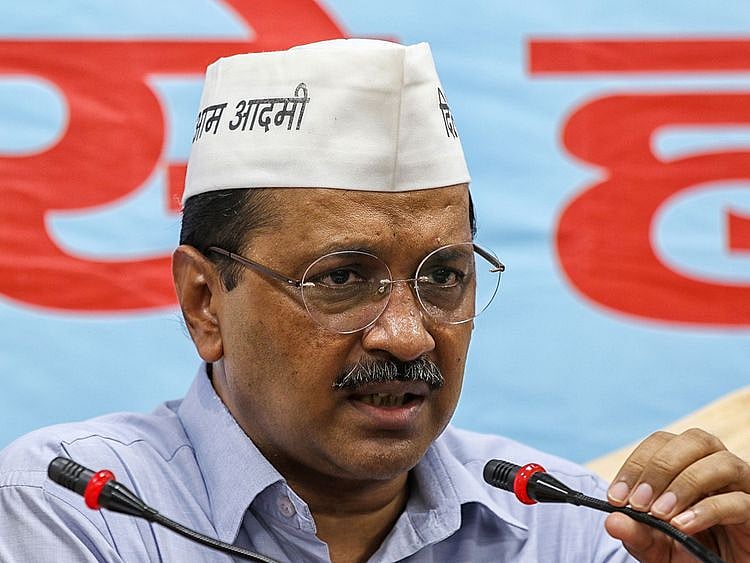“The Congress is finished”, Aam Aadmi Party (AAP) convener and Delhi Chief Minister Arvind Kejriwal declared in Gujarat this week, with a smile on his face.
While addressing a town hall, Kejriwal was asked by a reporter about the Congress’ allegation that the AAP government of Punjab is spending millions in ads for Gujarat, even though it is on the brink of bankruptcy and has no money even for salaries. “The Congress is finished. Stop taking their questions. People are clear about this. Nobody cares about their questions,” he shot back.
This marks an aggressive new turn in the AAP’s campaign in Gujarat, which is heading into assembly elections by the end of this year.
But does Kejriwal really have a chance to cause an upset in Gujarat? The picture is a bit more complicated than a straight yes or no answer.
Gujarat has been an undisputed Bharatiya Janata Party (BJP) bastion for 27 years now. The home state of Prime Minister Narendra Modi and Home Minister Amit Shah has kept the Congress on the opposition benches for several successive elections.
As we head into the next state poll, there is no question that the BJP still has an advantage despite massive anti incumbency and disquiet in the political ranks that saw a change of Chief Minister only a year ago.
After winning Punjab, the AAP has its sights set on Gujarat and Himachal Pradesh. And this time, they are making the BJP nervous. That explains the force with which central agencies like the Directorate of Enforcement (ED) and the Central Bureau of Investigation (CBI) are going after top AAP leaders like Delhi’s Deputy Chief Minister Manish Sisodia and law minister Satyendra Jain, who is already cooling his heels in jail.
Kejriwal has visited Gujarat dozens of times in the last few months.
Also Read
India: Aam Aadmi Party has a historic opportunity in GujaratIndia: Arvind Kejriwal wants to take on the BJP on his own termsElections 2022: Gujarat will vote for Congress or BJP. Never AAPGati Shakti — How Narendra Modi’s game-changing master plan is transforming IndiaA resurgent AAP
The AAP has come a long way. In 2017, an overconfident Kejriwal decided to field AAP candidates in 29 constituencies in Gujarat. They lost all of them, and also lost their security deposits, winning just .1 per cent of the voteshare.
But this time they are heading back into the battlefield with some chinks in the BJP armour. For one thing, the AAP has made a mark in urban municipal bodies in Gujarat. Last year, it secured 28% of the votes in the Surat Municipal Corporation elections, managing to win 27 seats out of 120. The ruling BJP won 93 seats while the Congress tally dropped to zero from 36 in 2016.
In its debut performance in the Rajkot civic polls, the AAP secured 17 per cent of the vote and even in the Gandhinagar Municipal Corporation (GMC), the AAP secured 21 per cent votes, which seem to have come at the expense of the Congress.
This is something the BJP will be wary of, since it eats into their urban vote bank.
The Congress can take solace in the fact that AAP has not managed to do as well in rural Gujarat in the panchayat polls.
Another thing the AAP could take advantage of is the fact the BJP’s seat share has been steadily declining in Gujarat, from a high of 127 seats out of 182 in 2002, to 99 seats in the last election in 2017.
Kejriwal has also managed to change the election conversation, with his promises of freebies like free electricity. It lead to pushback from the PM, no less, on the culture of freebies which caused an all out political war.
There is no doubt the contest in Gujarat has become much more interesting with AAP’s entry. Will it be enough to actually dislodge the BJP or to make AAP the principle opposition? Watch this space.
Network Links
GN StoreDownload our app
© Al Nisr Publishing LLC 2026. All rights reserved.
